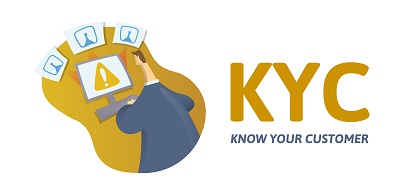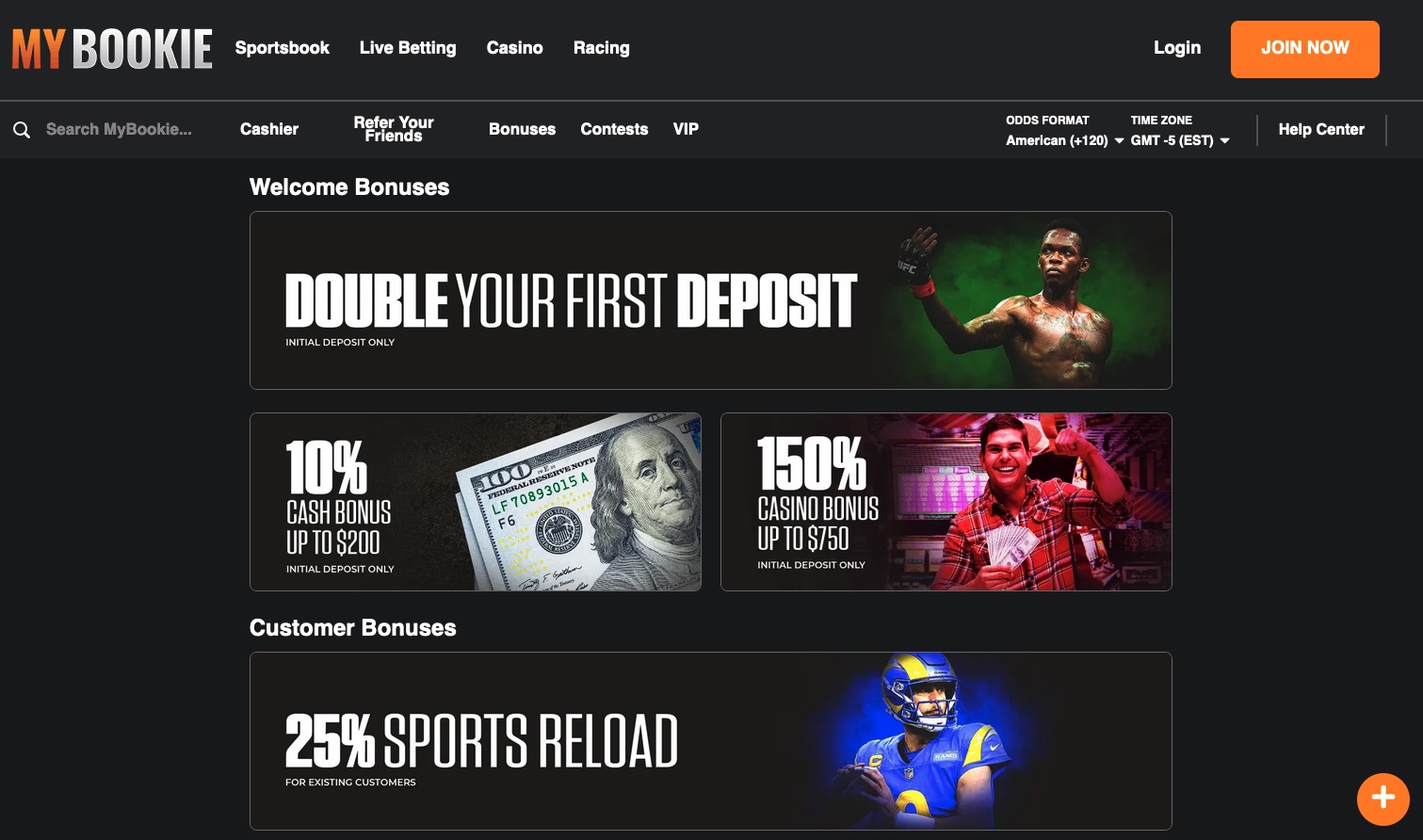The books are always one step ahead
When online sports betting became a reality in the early 90s, it was easy and nearly anonymous to setup an account and play. Players could get started with a sportsbook located outside the U.S. over the phone, send money via Western Union and play at a dot com website, all without having to show any ID. But, due to fraud, money laundering and problem gambling concerns, that all changed rapidly. These days, its almost impossible to not be who you claim to be or to collect without at some point showing the sportsbook identification. And even before forking over personal information, today's online sports books have plenty of tools at their disposal to know who you are.
Know Your Customer
Early in the 2000s, as the Internet grew huge and became part of everyday life for everything from buying a toothbrush to filing tax returns, the big acronym buzzing around was KYC - know your customer. But by then, sportsbooks online had already started doing this. And their reason was one of self preservation, as fraud became their #1 problem as it chipped away at profits in the now exploding industry.  In a visit to now defunct World Sports Exchange, in Antigua in 2001, I was amazed to see more people working in the fraud department than working as clerks taking bets. After noting how that contrasted to operations like BetOnSports, with hundreds of phone operators, it was explained to me that most people played at WSEX on their computer, and that is where the bulk of fraudsters were coming from. The book needed to police new and existing customers to fend off credit card chargebacks, Western Union pull backs and 'players' who were really just front-men for wiseguys and previously banned players.
In a visit to now defunct World Sports Exchange, in Antigua in 2001, I was amazed to see more people working in the fraud department than working as clerks taking bets. After noting how that contrasted to operations like BetOnSports, with hundreds of phone operators, it was explained to me that most people played at WSEX on their computer, and that is where the bulk of fraudsters were coming from. The book needed to police new and existing customers to fend off credit card chargebacks, Western Union pull backs and 'players' who were really just front-men for wiseguys and previously banned players.
Fast forward nearly 20 years and sportsbooks around the world now house huge databases of players and everything connected to them and their computers and mobile devices, and phone clerks are becoming a thing of the past, as over 80% of sports wagers are taken online.
The Internet makes is easy
Every device that connects to the Internet has an address called an IP address. An Internet Protocol (IP) address is a numerical label assigned to each device connected to the Internet. Generally it is your house, the coffee shop, your work or a hot spot. An each time a device logs into a gaming site (or anywhere for that matter), it uses an IP address. Generally speaking, in places like home and work, these don't change that often and almost every company on the Internet takes notice of it by putting it into a log file.
We have handled many complaints from players who can't understand why they are being tossed out of a online sportsbook or Internet casino. All too often, the player's computer or mobile device is associated with an IP address that has committed fraud. Sometimes, this is in error, but usually the IP address database doesn't lie. Occasionally, there will be a Starbucks IP address that show up, but playing at your brother's house after he charged back, will get your account closed every time. Creating an account from your home or work, using a fake name or address while using the same device, whether it be phone or computer, will make it impossible to withdraw. And bearding, placing bets for another player, is nearly impossible anymore.
More tools available
With everything on the Internet today, it's even easier than it was a decade ago. Sports books look at everything from credit scores to social media to identify potential fraudsters and players trying to circumvent the rules. Some companies crunch big data looking for oddly similar betting patterns to connect player account, while others examine the 'cookies' that we all accept while surfing the Internet looking for clues as to who a player really is. Again, KYC.
And finally there are services out there with databases that gambling sites around the world subscribe to. The largest service is now also providing data to new U.S. licensed and regulated online sportsbooks. The data supplied is mostly for fraud purposes, but also player behaviors, which can again be used to connect the dots between account and fraudster.
But, there is no fear here for the honest player. Yes, sportsbooks are examining your IP, data and tendencies, but certainly not to the extent that Amazon does or the efforts that the dreaded 'ad networks' employ to follow you around as you attempt to happily surf the World Wide Web. For the Regular Joe bettor, all of this actually helps to keep the sportsbook profitable and his betting experience positive. But for the scammers and rule benders, watch out, the sportsbooks are always one step ahead of you.
Check back every week for The Betting Scene as we will highlight new items of interest in the world of online sports betting.







































